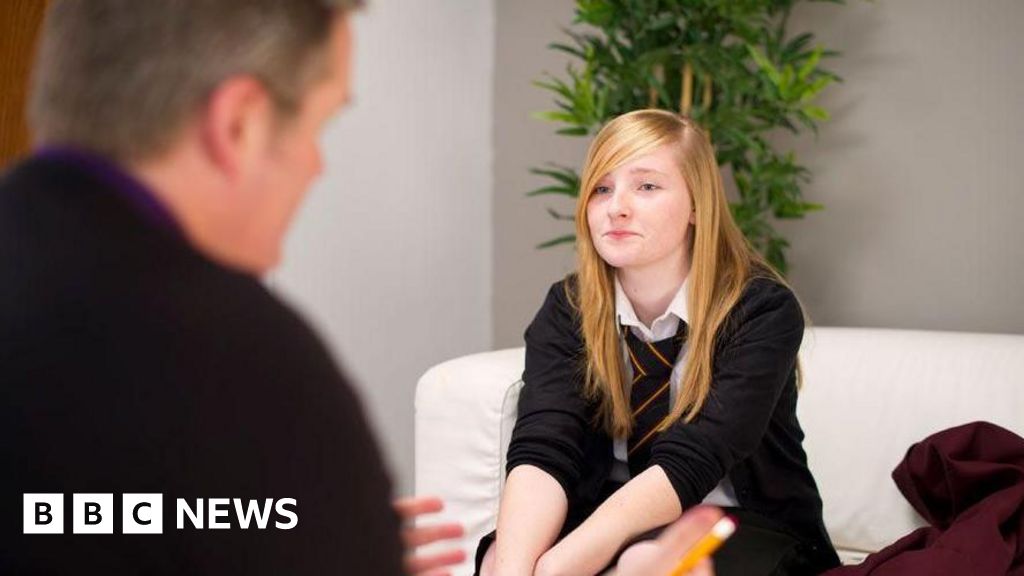ARTICLE AD BOX
Image source, Getty Images
Image caption,Cases in dogs and other pets will be extremely rare
A dog has tested positive for Covid - the first documented case of its kind in the UK - officials have confirmed.
They believe the pet, who is recovering at home, caught it from its owner.
The UK Health Security Agency (UKHSA) says cases like this are extremely rare and there is no strong evidence to suggest that dogs, cats or other pets are passing on the virus to humans.
Owners and people who work with animals should wash their hands regularly though for good hygiene.
Animal fur can act as a carrier for the Covid-19 virus for short periods of time, in the same way as other surfaces, such as door handles, says the advice.
Do not share food, food bowls or utensils with your pet.
The UK's Chief Veterinary Officer Christine Middlemiss said: "The infected dog was undergoing treatment for another unrelated condition and is now recovering.
"It is very rare for dogs to be infected and they will usually only show mild clinical signs, and recover within a few days.
"There is no clear evidence to suggest that pets directly transmit the virus to humans. We will continue to monitor this situation closely and will update our guidance to pet owners should the situation change."
Covid and animals
Some coronaviruses that infect animals can be spread to people and then spread between people, but this is also very rare.
It has been suggested that the Covid-19 virus probably originated in bats.
There have been reports of other animals infected with Sars-CoV-2.
Denmark killed millions of mink in November 2020 amid concerns about a mutated form of coronavirus detected in this species.
A few cases of Covid in pet cats, dogs and ferrets have been recorded around the world too.
The list of animals which have been infected includes:
- big cats in captivity
- domestic cats
- dogs
- ferrets
- fruit bats
- mink
- non-human primates
- pangolins
- pigs
- raccoon dogs
- rodents
- white-tailed deer
According to the UKHSA, there have been documented cases of humans catching Covid from mink and from ferrets.
If you're concerned about your pet because it has respiratory or digestive problems and a temperature, you should contact your vet who will decide if it needs a Covid test.
And if you are self-isolating because of Covid, do not kiss or cuddle your pet or let them sleep in your bed.
But do think about arranging for someone else who is not self-isolating to care for your animals. If there is no-one to help but you need assistance, you should contact your vet.
Covid spreads from person to person through small droplets, aerosols and through direct contact. Surfaces and belongings can also be contaminated when people with the infection cough or sneeze or touch them.
Related Internet Links
The BBC is not responsible for the content of external sites.

 3 years ago
92
3 years ago
92








 English (US) ·
English (US) ·